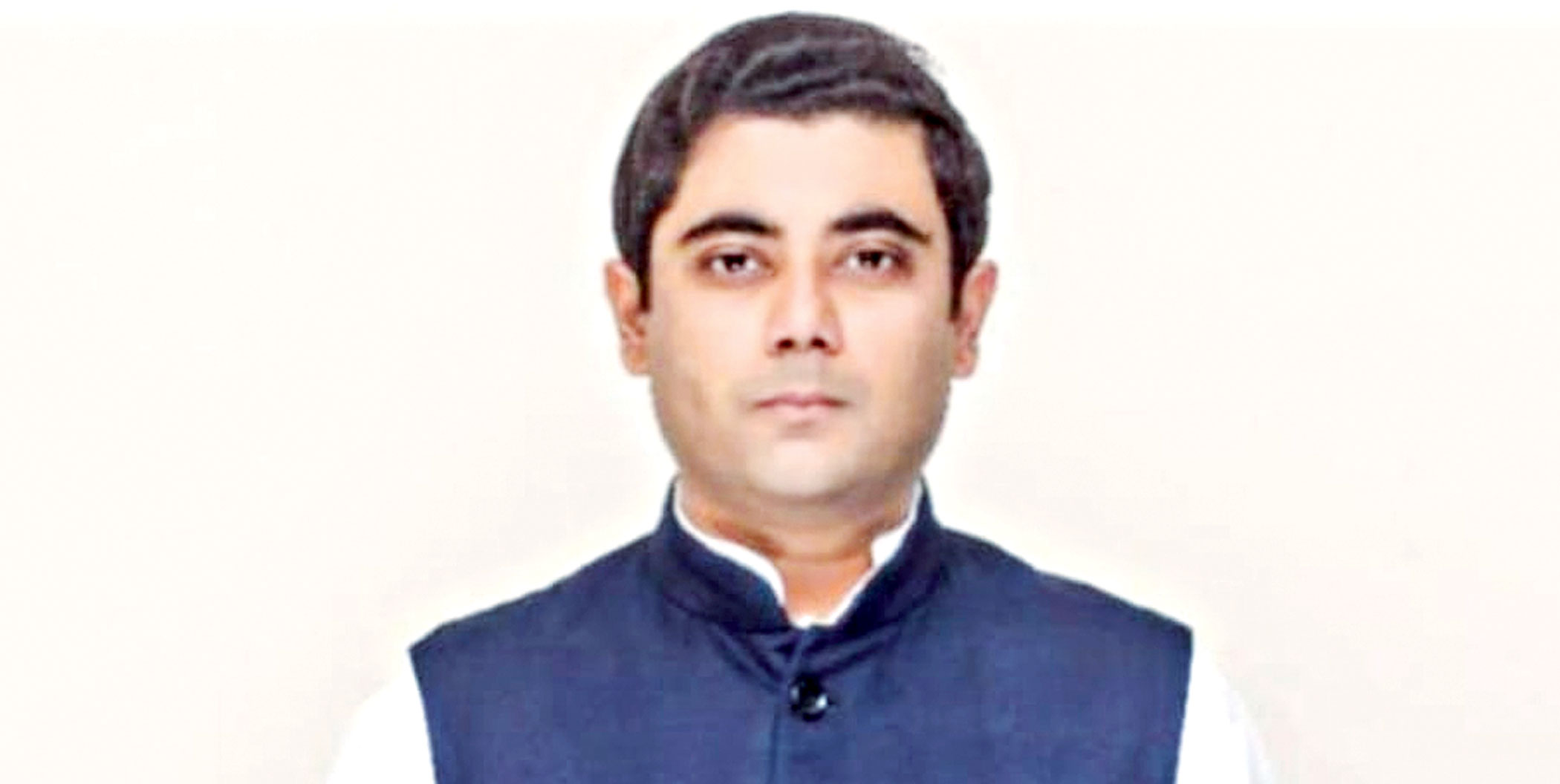Budget deficit may stoke inflation

The budget for fiscal 2024-25 proposes a total expenditure of Tk 797,000 crore with a total tax revenue of Tk 541,000 crore, resulting in a deficit of Tk 256,000 crore.
While several initiatives in the proposed budget are commendable, there are areas where further improvements could align better with the identified priorities.
The most important challenge highlighted in the budget is inflation, and several policies have been proposed to address it in the coming year. Notably, the size of the proposed budget is realistic rather than ambitious.
The budget deficit is approximately 4.6 percent of the country's gross domestic product (GDP) while it was 4.7 percent, or Tk 236,417 crore, in the revised budget for fiscal 2023-24.
But despite being a lower percentage of the GDP this time around, the Tk 256,000 crore deficit will still exert significant inflationary pressure.
Additionally, the plan to finance the Tk 137,500 crore deficit through already fragile banking sources could increase borrowing costs for businesses, leading to cost-push inflation. It would be more prudent to reduce the deficit magnitude and finance it through external sources with lower borrowing costs and longer repayment schedules.
One positive feature of the proposed budget is the increased allocation for major social protection programmes, including support for mothers and children, the elderly, widows, people with disabilities, abandoned women, and other less privileged groups.
Both the allocated amount and the number of beneficiaries is proposed to increase, which is crucial for protecting these vulnerable groups during periods of high inflation and reducing inequality.
The budget proposes an increase in allocation for primary, secondary, and higher education, but it lacks specific programmes for research in higher education. Moreover, technical education has not received enough attention.
While one of the priorities identified in the proposed budget is transformative technology and human resource development, it requires more investment in modern technical education and cutting-edge research at higher educational institutions, which is absent.
The author is an associate professor of economics at the University of Dhaka




 For all latest news, follow The Daily Star's Google News channel.
For all latest news, follow The Daily Star's Google News channel. 

Comments